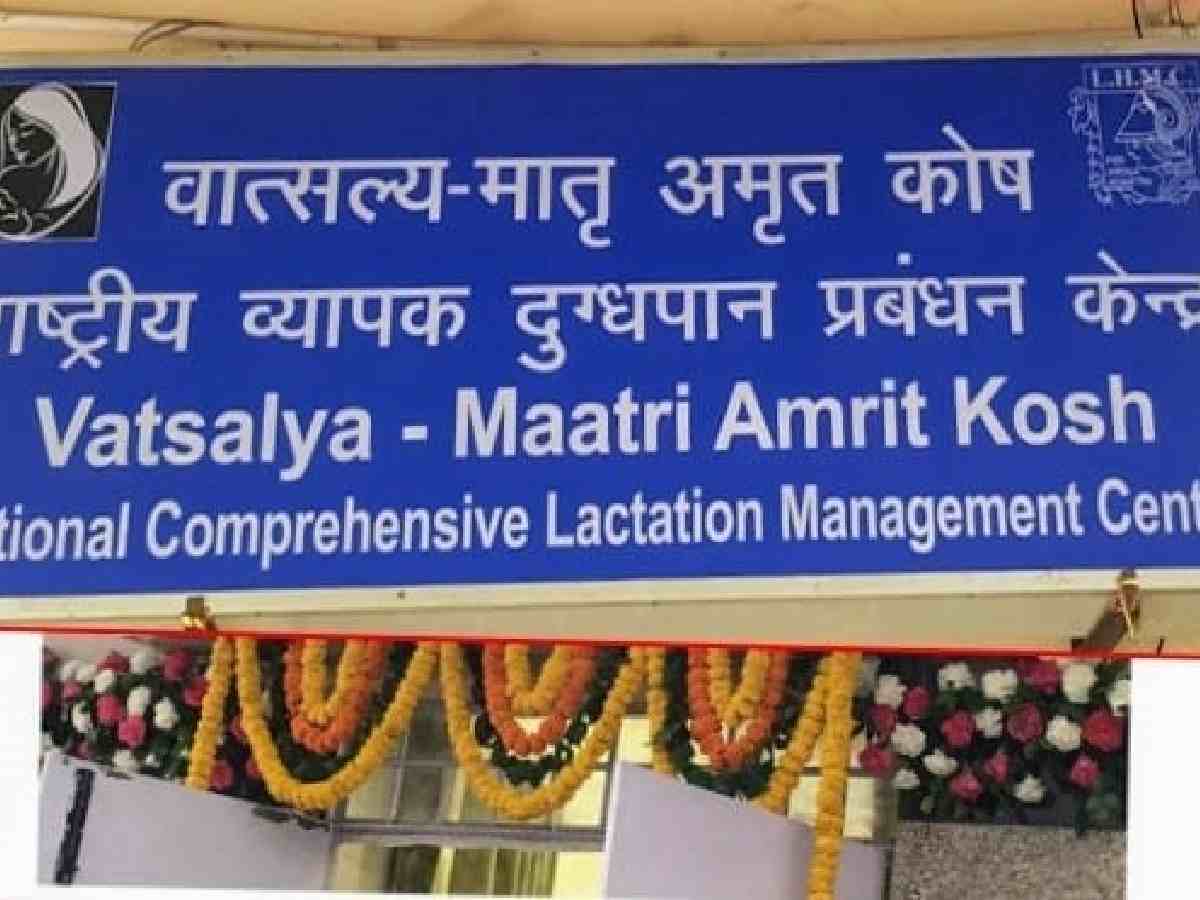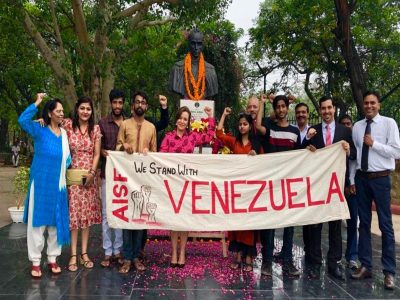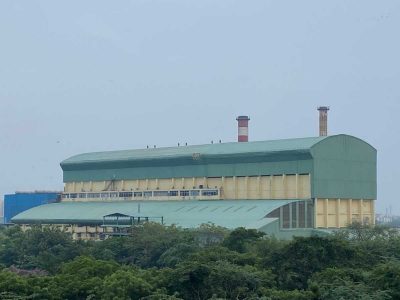Delhi: Around 60 to 65 mothers visit Vatsalya—Maatri Amrit Kosh, the human milk bank, daily to get milk processed for newborn preterm babies fighting for survival in the Neonatal Intensive Care Unit (NICU), according to a senior official at Lady Hardinge Medical College and Kalawati Saran Children’s Hospital (LHMC & KSCH).
Each day, the hospital’s counsellors provide guidance and support to approximately 350-400 mothers, addressing queries related to breastfeeding and milk donation.
Speaking to Patriot, Dr Sushma Nangia, Director Professor and Head of the Department of Neonatology at LHMC & KSCH, said the milk bank works on a mother’s own milk (MOM) model, which means that the mother’s milk is used to feed her baby, as it is essential for the baby’s health and well-being.
“A crucial aspect of the milk bank’s operations is the donation process, where two to three mothers contribute their surplus breast milk daily. The bank collects a total of 2500 ml of milk for MOM daily, while 300-400 ml of milk is collected for donation daily. This milk undergoes stringent processing and pasteurisation to ensure its safety and nutritional integrity. This processed milk is then distributed to infants in the hospital’s care, providing them with the essential nutrients needed for healthy growth and development,” she added.
According to a research, ‘State of newborn health in India’, about 7.5 lakh neonates die every year in India, the highest for any country in the world.
Commenting on the matter, Dr Sushma said, “Early and exclusive breastfeeding can alone avert nearly eight lakh neonatal deaths, making it the most powerful tool against child mortality. But sadly, breastfeeding rates continue to remain low in India. Hence, the need for these milk banks in the country has surged.”
Throughout this process, LHMC & KSCH maintain rigorous quality control measures and documentation to track the journey of each donation from collection to distribution. This meticulous approach ensures that every drop of donated milk meets the highest standards of safety and efficacy, benefiting the vulnerable infants who rely on it for their well-being.
LHMC & KSCH – the Hub for Other Hospitals
Vatsalya—Maatri Amrit Kosh is the first-of-its-kind national human milk bank and comprehensive lactation counselling centre at LHMC in the national capital. It also acts as the hub for eight hospitals in Delhi. It helps them pasteurise and test the donated milk to ensure its nutritional integrity before it is fed to newborns in the NICU.
The eight hospitals include All India Institute Of Medical Sciences Delhi (AIIMS), Lok Nayak Hospital, Ram Manohar Lohia Hospital (RML), Chacha Nehru Bal Chikitsalaya, Safdarjung Hospital, Swami Dayanand Hospital, Kasturba Hospital, and Dr. Baba Saheb Ambedkar Hospital. These eight hospitals have recently established lactation management centres (LMCs)
An LMC is a specialised facility that supports breastfeeding mothers and collects and stores donor human milk for infants. These centres offer comprehensive breastfeeding support, including expert advice on issues like latching difficulties and milk supply, often provided by lactation consultants through personalised care. While an LMC can collect and store donor milk, it does not process the milk. Instead, it collaborates with external facilities equipped to handle milk pasteurisation and safety screening.
However, Vatsalya—Maatri Amrit Kosh helps the LMCs pasteurise and test the donated milk.
Also read: Delhi: MCD declares four buildings dangerous across the capital
Dedicated Vehicle
“A dedicated vehicle will soon be introduced to collect and deliver the donated milk from all these eight LMCs. The vehicle is currently being prepared and installed with features to store the milk at -20 degrees Celsius while transporting it,” Dr. Sushma said.
“The travel route and the timing of the vehicle to ply to the LMCs will be decided, and a roster will be prepared very soon following the registration of the vehicle,” she added.
The process
The process of a human milk bank involves several critical steps to ensure the safe collection, storage, and distribution of donor human milk to infants in need. Initially, potential milk donors undergo thorough screening, including medical and lifestyle history reviews and blood tests, to ensure they are healthy and eligible to donate.
Approved donors then offer their milk at the bank using sterile techniques and equipment provided by the facility. This ensures that the milk is collected in the most hygienic manner possible. The milk is immediately stored in sterile containers and kept frozen until further processing.
Upon collection, the donated milk is logged, labelled, and stored in freezers at the milk bank until it is ready for processing. The milk was then pasteurised, typically using the Holder method, which heated the milk to 62.5 degrees Celsius for 30 minutes to eliminate harmful bacteria and viruses while preserving most of the milk’s beneficial properties. Samples from each batch of pasteurised milk are tested to ensure no harmful bacteria or pathogens are present, and only milk that passes these tests is deemed safe for distribution.
After pasteurisation and testing, the milk is stored in sterile, labelled containers in freezers at the milk bank. Finally, the processed and tested milk is distributed to hospitals and healthcare facilities to provide nutrition for premature or medically fragile infants who cannot receive sufficient milk from their own mothers.
Throughout this process, strict hygiene and safety standards are maintained to ensure the highest quality and safety of the donor milk provided to vulnerable infants.
Seven-year-old
“Vatsalya – Maatri Amrit Kosh” was opened at LHMC in collaboration with the Norwegian government, Oslo University, and the NIPI Newborn Project on June 7, 2017. It was established as a national human milk bank and lactation counselling centre that collected, pasteurised, tested, and safely stored milk donated by lactating mothers, making it available for infants. In addition, this facility protects, promotes, and supports breastfeeding by providing lactation support to mothers through dedicated lactation counsellors. This project not only acts as a dedicated centre to support breastfeeding and improve infant survival but also serves as a teaching, training, and demonstration site for other milk banks to be established under the Central government’s Ministry of Health and Family Welfare.





